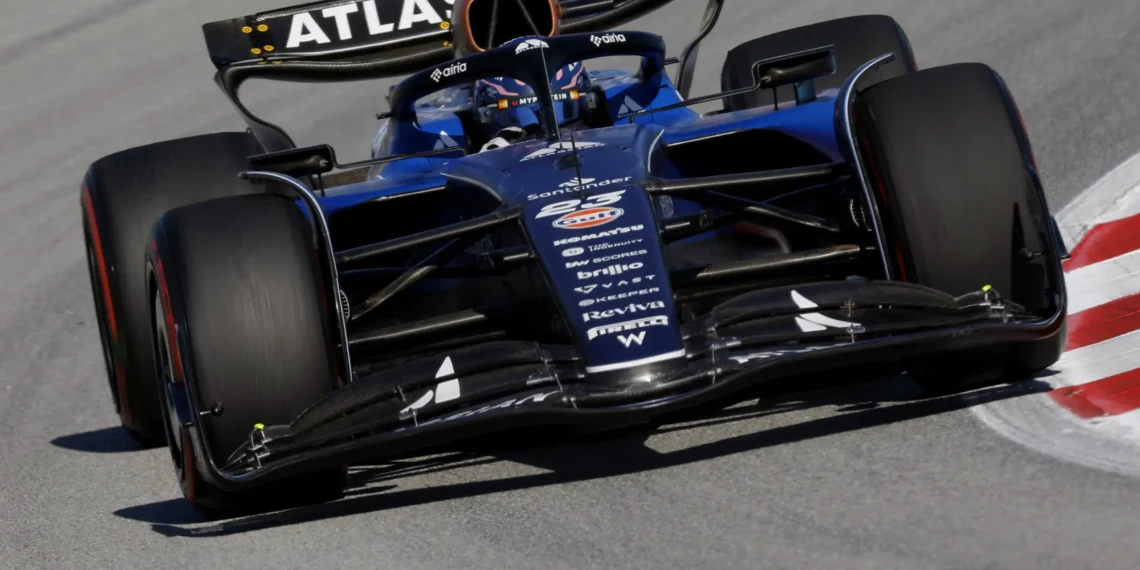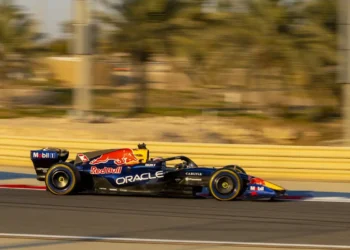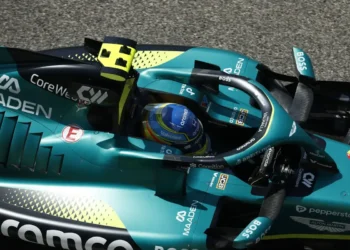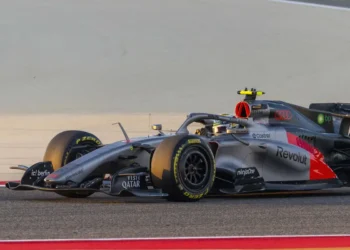Formula 1 is on the brink of a seismic shift in 2026, and the stakes have never been higher! As revolutionary new regulations are set to transform the very essence of racing, drivers must prepare not just to race, but to outsmart their competitors like never before.
In a bold statement, Williams driver Alex Albon has emphasized that the smartest drivers—those who can “abuse the system”—will thrive amid these radical changes. The upcoming rules are poised to elevate the role of mental acuity in Formula 1, a departure from the traditional emphasis on raw speed and driving skill.
Get ready for a game-changer! With a significant leap towards increased electrification of hybrid power unit systems, the 2026 regulations will introduce active aerodynamics and scrap the long-standing ground-effect rules. This means that while lap times may not plummet dramatically, the handling characteristics of the cars will shift dramatically, demanding a new level of adaptability from drivers. Albon revealed that early tests in team simulators have left many drivers feeling less than enthusiastic about how the new machines handle.
“The load on the driver, mentally, is high,” Albon explained. “It’s crucial to master engine management and learn an entirely new driving style.” As F1 transitions to a power unit model that splits energy usage between the internal combustion engine and hybrid elements, drivers will face unprecedented challenges in energy deployment.
The mental strain is real! Albon warns that the drivers who excel will be those capable of maintaining focus while mastering the intricacies of the new systems. “You have to be adaptable and open-minded,” he stresses. “The ones who understand how to drive these cars effectively will find performance in ways we’ve never seen before.”
Gone are the days of simply navigating corners; now, strategic thinking will be essential as drivers navigate the complexities of their power units. “It won’t just be about how fast you can go around a corner,” Albon asserts. “Smart drivers who can manipulate the system will gain a significant edge.”
As if that weren’t enough, Albon draws a provocative comparison to Formula E, which demands extreme energy management skills from its drivers. While he acknowledges that F1 is moving closer to the all-electric series, he maintains that the driving styles won’t diverge drastically—at least not yet. “We’re not going to have massive lift and coast sessions like in Formula E,” he noted, while still recognizing that the evolution of F1 may take cues from its electrifying counterpart.
The upcoming winter break will not be the leisurely respite drivers have enjoyed in previous years. Albon predicts a grueling off-season filled with simulator work and intensive preparation to adapt to the new demands of 2026. “Our winter breaks won’t be as casual,” he said with a knowing smile, foreseeing a new era of training that will focus heavily on mastering these advanced systems.
As Formula 1 gears up for this monumental transformation, the future of racing looks more thrilling and mentally taxing than ever before. Get ready to witness a battle of wits as the smartest drivers rise to the top in this new, electrifying chapter of F1 history!










